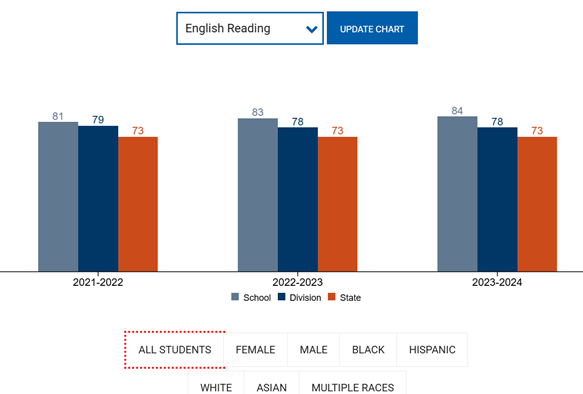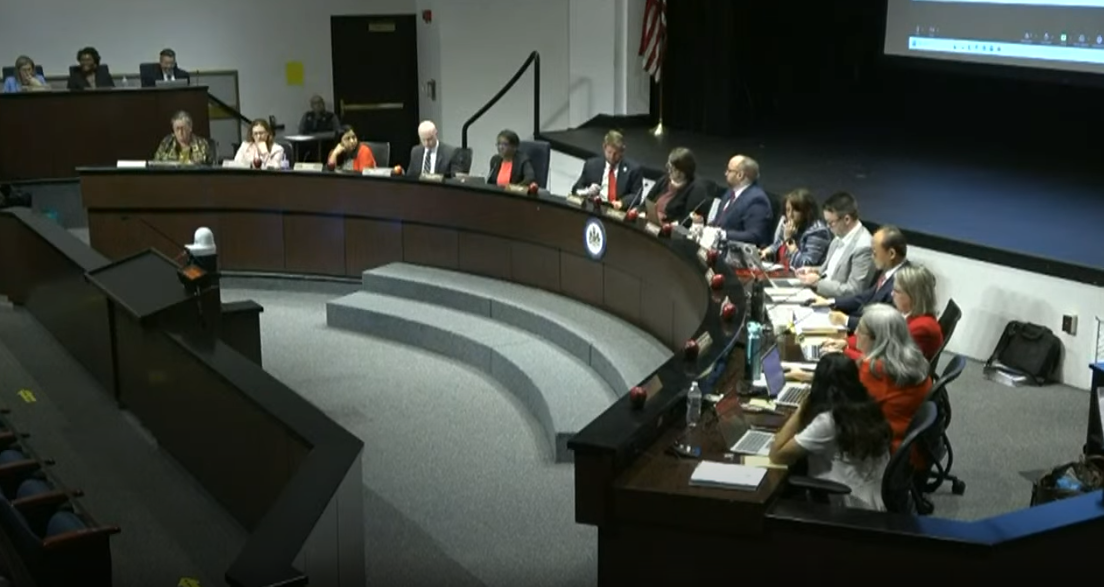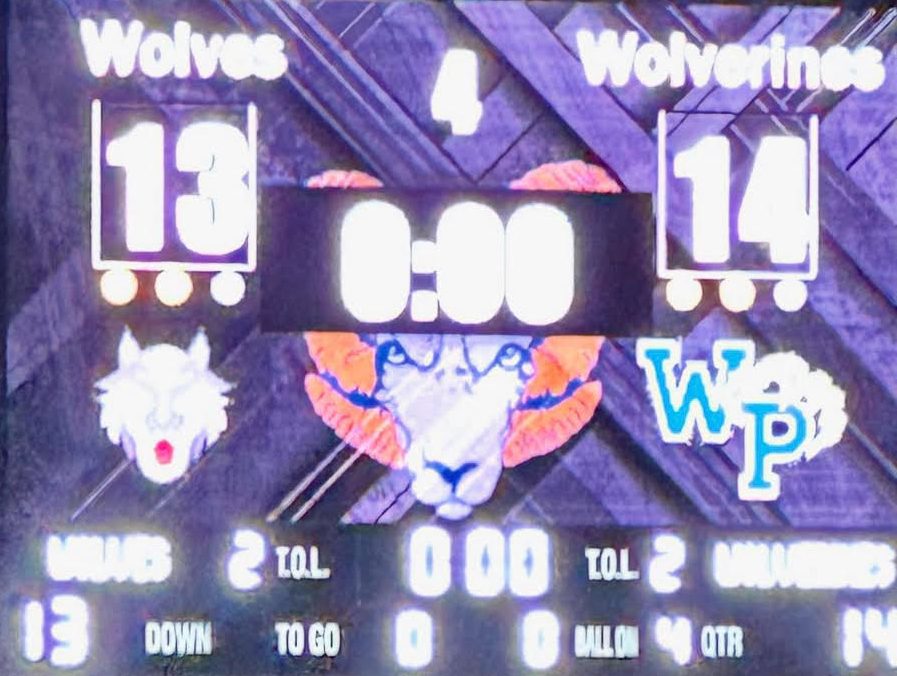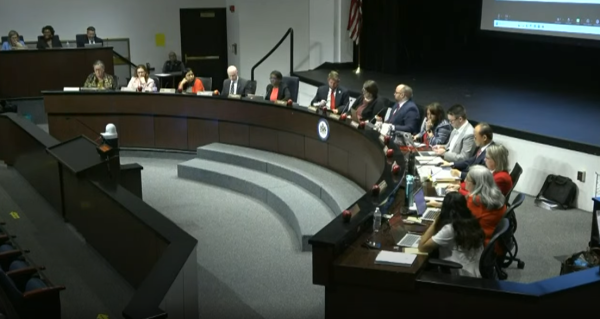Students and Teachers Reflect on a Year of the 4.0 Scale
At the same time students are scurrying to get those last papers in and those last retakes done, they are thinking about how the new 4.0 grading scale will affect their GPAs. Specific data comparing this year’s grade averages to last year’s will be released in late June of this year and will be published here next fall.
There was a mixed reaction to the new grading scale amongst students. Some students found the new system frustrating, especially since in previous years, they knew what to expect regarding A level grades. Some still feel they have a harder time earning an As because of the limited point system.
It’s a “concrete system that limits freedom and flexibility,’ according to Junior Arabella Cyre. “The new system feels like it’s meant to serve the school’s interests, rather than its students.”
However, some students find policies introduced with the new grading scale to be more beneficial than previous years. Along with the 4.0 grading scale, West Potomac introduced a late work policy allowing students to turn in work up until the end of the quarter it was due in.
“I like the grading scale because I feel like it allows me to improve my time management. The grading scale is accompanied by a redo/retake policy that I really like because it allows me to decide how and when I use my time”, one junior, who wishes to remain anonymous, said.
The loss of motivation with the 4 point system also seems to be a byproduct amongst some students, as some perceive the jump between numbers, like from a 3 to 4, is harder to achieve than it was with the 100-point scale.“On one hand, I appreciate the late work and retake policy as a student who suffers from chronic procrastination. On the other hand, I have lost motivation pushing me to strive for 4’s in the way I used to aim for A’s,” Cyre said.
Not only are students having trouble adjusting to the new grading scale, but teachers are as well. Several more issues arose as teachers tried to adapt to the new grading scale, such as debates on the equity aspect of the 4-point system, frustrations over students not turning in schoolwork, and confusion as to how the grades are supposed to be weighted.
“It’s well intentioned and I like the way it deals with equity issues, but I also feel like it’s kind of a blunt instrument and the transition has been rough for teachers and students,” Mr. Pabich, English teacher, said.
Despite individual concerns, West Potomac seems to have benefited from the 4.0 grading scale as a whole. Students’ grades are being “smushed upwards,” explained Dr. Millians, resource teacher and dean of instruction. A student who earned a C-plus in prior years would typically get pulled up into a B with the new grading scale, and West Potomac’s failing rate has decreased thanks to the movement up in these grading distributions, she said.
Dr. Millians also mentioned that, “the percent of the grade distribution of A’s is pretty much the same.”
Despite the differing opinions on the new grading scale, students will see it again next year.
Alisa Foster, mediocre track runner, travel enthusiast, and a Libra, is currently a junior at West Po. Her latest adventure was spent in Hawaii, where...




















































